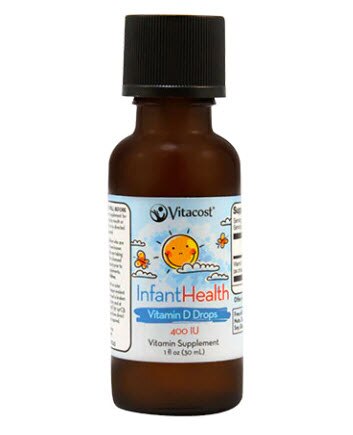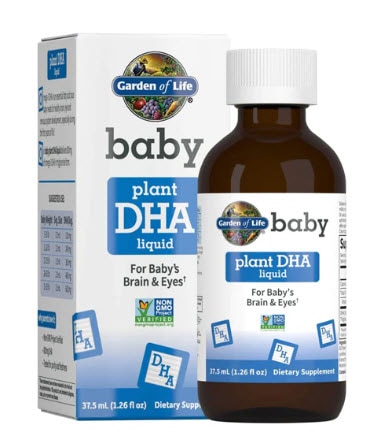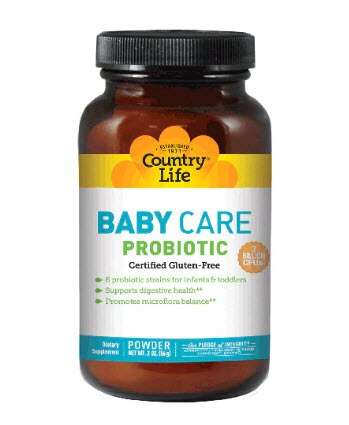Most parents who welcome a new baby into the world see nothing but perfection in their little bundle of joy. And in many ways, they are right.
However, some babies need a little extra help getting a good start. That is why your doctor may recommend giving liquid vitamin supplements to your new son or daughter.
In particular, physicians may suggest vitamin D for babies who were born early, or who were diagnosed with specific health conditions.
Such supplements are even more commonly urged to women who are breast-feeding instead of feeding their baby with formula. Mother’s milk only contains modest amounts of vitamin D.
Why your baby needs vitamin supplements
More than a decade ago, the American Academy of Pediatrics increased the daily recommended intake of vitamin D for infants from 200 international units to 400 IUs. Supplementation can be a method of helping to prevent a child from developing vitamin D deficiency and rickets.
Rickets causes the bones to soften and weaken, and can lead to limb deformity, scoliosis, dental problems and bone fractures.
One reason doctors tend to recommend vitamin D supplementation is because it can be difficult to spot symptoms of vitamin D deficiency – which include fatigue and muscle pain – since young babies can’t express these feelings.
Unfortunately, the AAP’s efforts to bring more attention to the need for vitamin supplementation do not appear to have paid off. Just 27% of infants receive the recommended amount of vitamin D, which is no increase from 2009.
Although vitamin D is likely the most commonly prescribed supplementation for babies, doctors may also recommend supplementation with iron, vitamin B12 and fluoride.
How to give baby vitamin D drops & other supplements
If your doctor recommends giving vitamins or other supplements to your baby, make sure you do it right. Too little of the vitamin will not provide your baby with the proper benefit, while too much can be potentially harmful.
Typically, you will use a dropper to give your baby vitamins in a liquid form. Remember to fill the dropper with the amount of vitamin as prescribed by your doctor — no more, no less.
Once the dropper is ready, gently insert it into your baby’s mouth. Then, squeeze with the dropper pointed toward the baby’s cheek. This helps prevent the baby from choking on the liquid.
Some babies might not accept vitamins that they receive from a dropper. In such situations, it can help to mix the vitamin with formula or expressed milk and to give the vitamin this way via a bottle.
Remember, though, that these are just general recommendations. As always, you should closely follow your doctor’s instructions for any care involving your baby, including vitamin supplementation.
When can you end supplementation?
You should continue to give vitamin D supplements to your baby until your doctor says they no longer are necessary.
The Mayo Clinic says babies who are receiving vitamin supplements typically need to continue doing so until they are weaned or they consume about 1 liter a day of formula fortified with vitamin D. That means formula-fed babies may only need supplementation for a few months.
However, breast-fed babies likely will need to continue receiving vitamin D supplements for a year. After the age of 12 months, children can get their allotment of vitamin D by drinking whole milk.
Once your baby eats solid foods, adding salmon, egg yolks and fortified foods to his or her diet also can boost vitamin D intake.
Of course, you also should closely follow your doctor’s recommendations for any other type of vitamin or supplement you provide to your baby.




